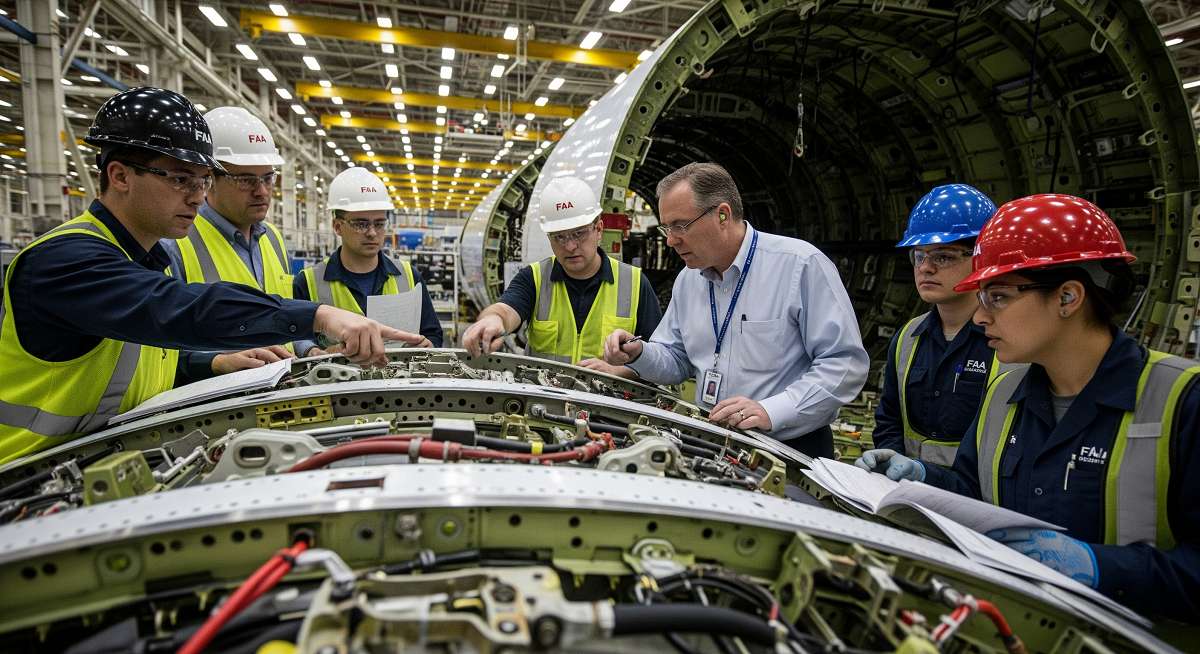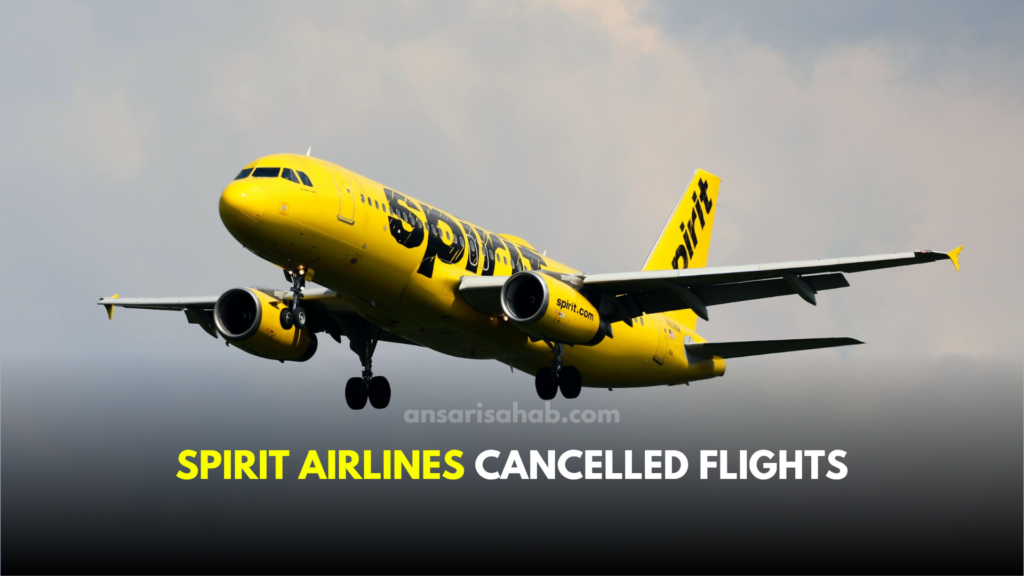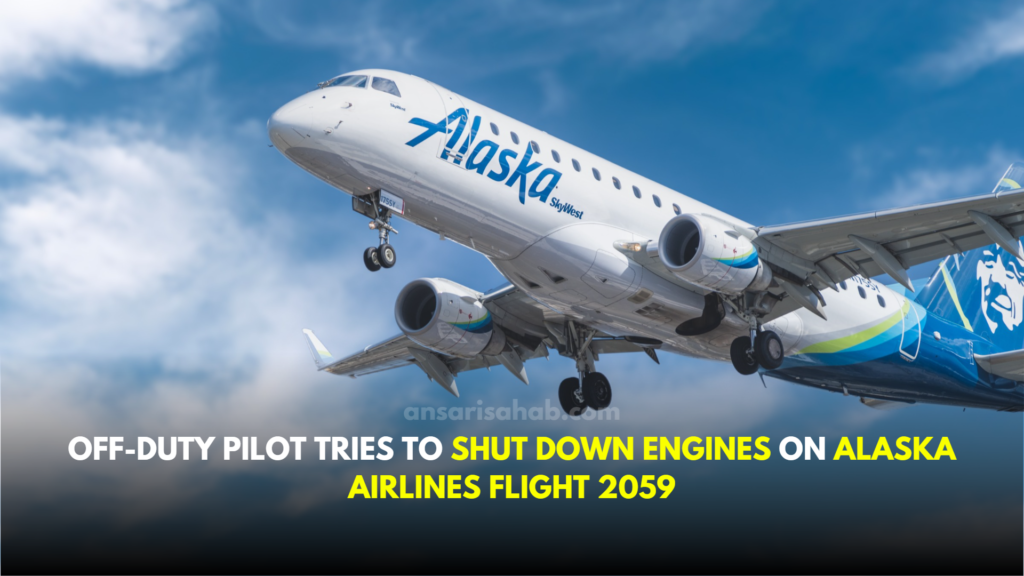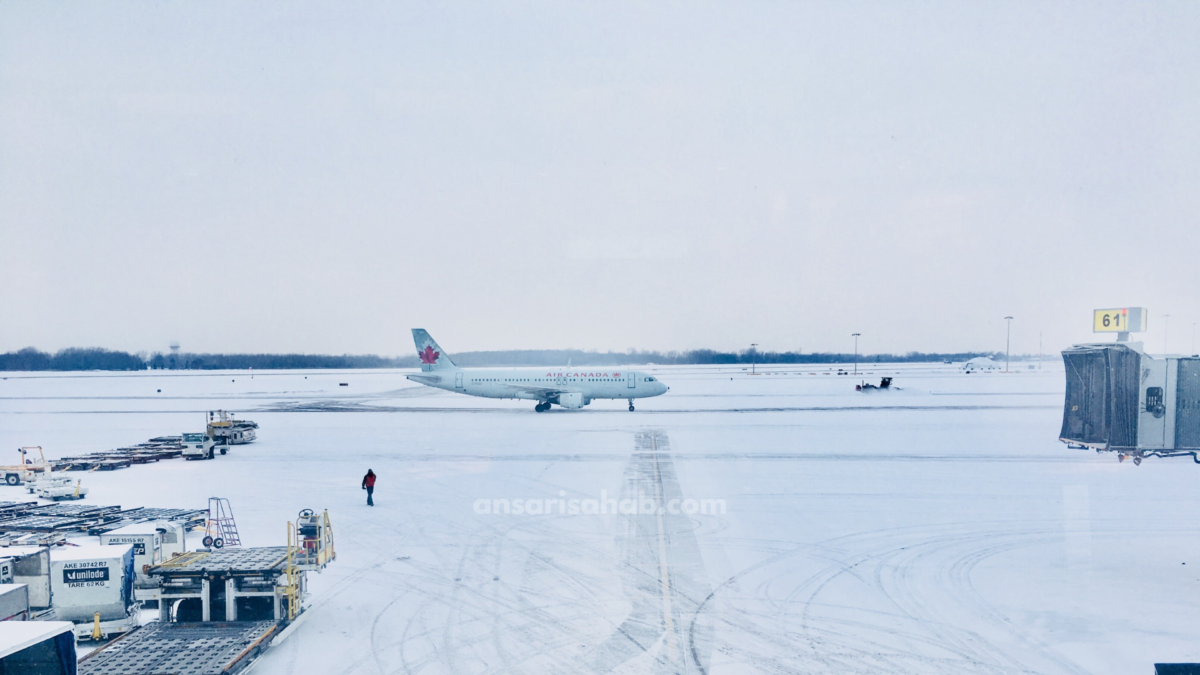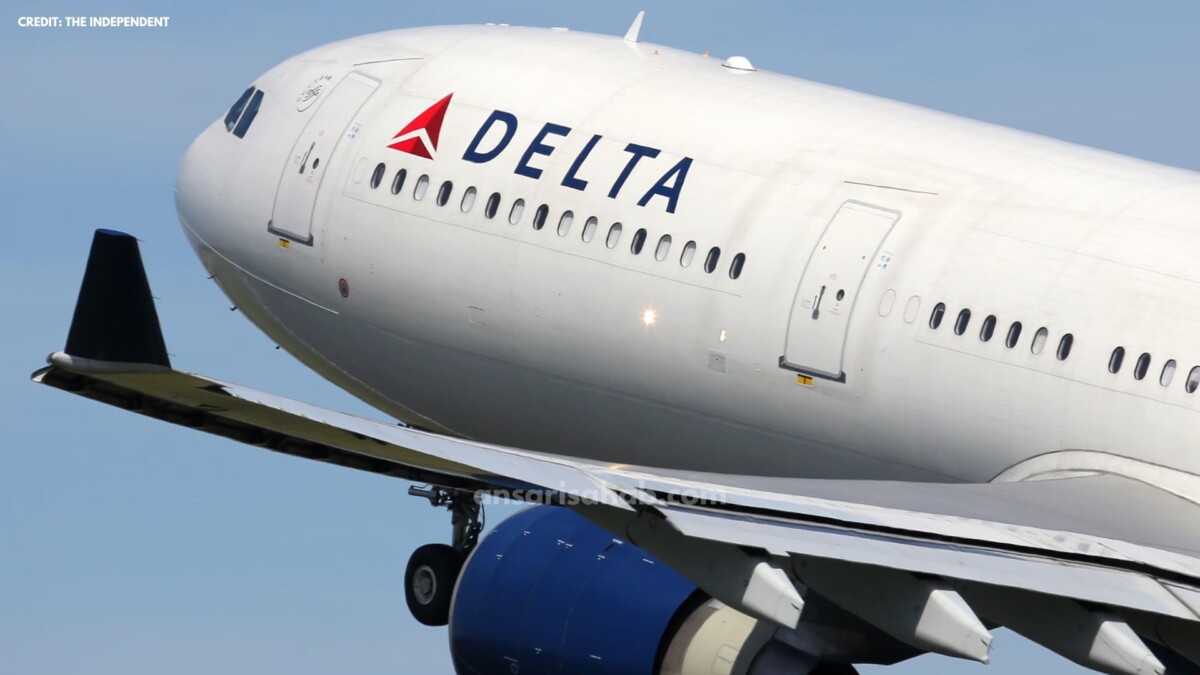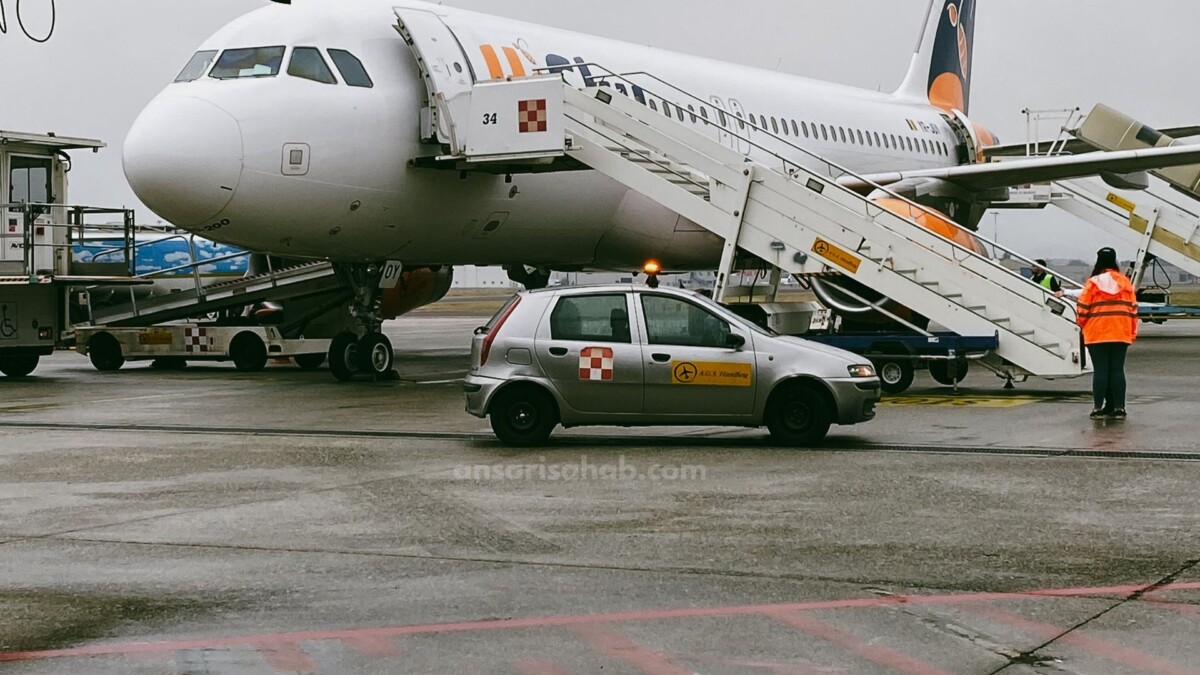Major Violations Identified, $3.1 Million Fine Proposed
The Federal Aviation Administration (FAA) has proposed a $3.1 million civil penalty against Boeing after uncovering hundreds of quality system violations at its 737 MAX factories in Renton, Washington, and at subcontractor Spirit AeroSystems in Wichita, Kansas. The violations relate to manufacturing lapses between September 2023 and February 2024, including incidents where Boeing allegedly presented unairworthy aircraft for certification.
Key Violations and Incident Background
According to FAA and related investigations:
- One of the high-profile incidents was the January 5, 2024 “door plug” blowout in which a panel designed to cover an unused exit door on an Alaska Airlines 737 MAX 9 detached shortly after takeoff from Portland, Oregon.
- The FAA found that Boeing submitted two aircraft that failed to meet airworthiness standards but were still presented for certification.
- Another serious issue: a Boeing employee allegedly pressured a member of an FAA-delegated Organization Designation Authorization (ODA) unit to approve a 737 MAX so that it could meet delivery schedule deadlines, despite the ODA member determining it did not comply with required standards.
These findings reflect systemic lapses in quality control, compliance with internal Boeing standards, and in some cases, subversion of oversight mechanisms.
Regulatory Response and Proposed Reforms
- The FAA is using its maximum statutory fine authority in the proposed penalty. Boeing has 30 days to respond.
- Since the door-plug blowout, Boeing has been under enhanced FAA oversight, particularly at its Renton facility, to monitor and enforce compliance in weekly checks and audits.
- FAA Administrator Bryan Bedford has said that the agency has not yet lifted the production cap of 38 Boeing 737 MAX aircraft per month, imposed earlier due to safety concerns. Continued data from quality inspections is required before any changes can be made.
Expert Commentary and Industry Impact
- The National Transportation Safety Board (NTSB) critique of Boeing’s safety culture emphasized inadequate training, weak documentation, and insufficient oversight of factory personnel, particularly in critical tasks like installing door plugs.
- Analysts suggest these violations could significantly affect Boeing’s reputation and its financials, especially in contracts, airline trust, and regulatory scrutiny.
- There’s also growing interest in how these quality issues may influence emerging aviation sectors such as eVTOL (electric vertical takeoff and landing) aircraft. Observers say that regulators may apply tighter standards to newer aircraft types in light of Boeing’s troubles. (While not yet directly tied to these violations, the precedent matters.)
What It Means for Airlines, Travelers, and Safety
For airlines operating 737 MAX aircraft, the revelations raise concerns over possible delays in deliveries and inspections. Insurance costs may increase if aircraft are certified under question. Travelers could see ripple-effects if airlines begin to inspect older aircraft more frequently, or if regulatory bodies mandate retrofits or safety checks.
Importantly, the public and regulators may demand more transparency in manufacturing and oversight. Policies could shift to require stricter staff training, documented compliance steps, and possibly, unannounced inspections in facilities like Renton and Wichita.
FAQs
A: They refer to hundreds of quality system violations found at Boeing’s 737 factories in Renton and at Spirit AeroSystems in Wichita between September 2023 and February 2024, including presenting non-airworthy aircraft for certification.
A: A key trigger was the January 5, 2024, Alaska Airlines 737 MAX 9 door plug blowout incident in mid-air, which exposed manufacturing defects and oversight failures.
A: The FAA has proposed a $3.1 million fine, maintained a production cap of 38 737 MAX units per month, increased oversight and auditing, and Boeing has pledged to improve safety culture, compliance, and quality standards.
Sources: Reuters

